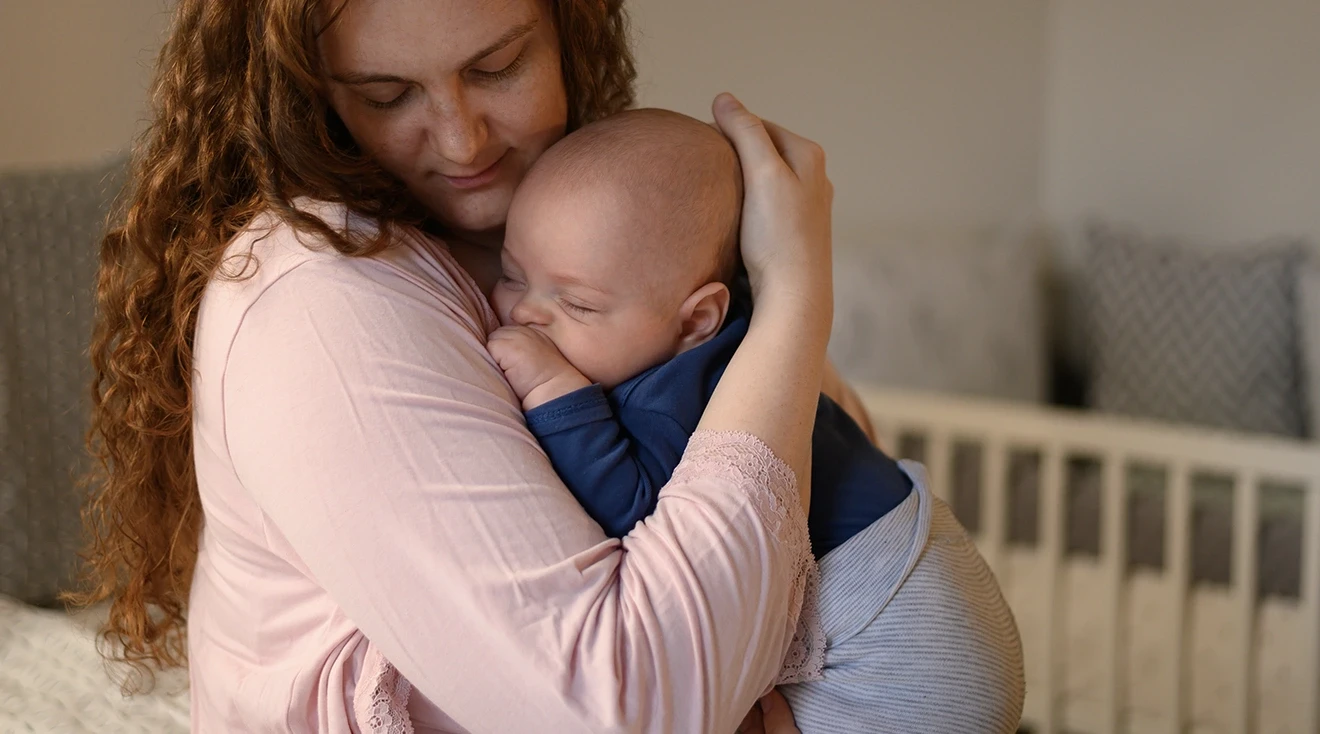Caregiving Reduces Mom's Lifetime Earnings by 15 Percent, Report Says
It’s not enough that women have to deal with the gender pay gap; a new study reveals mothers may also have to contend with lifetime earnings losses from being a caregiver. Despite increasing cries for equal distribution of parenting duties, women are oftentimes still regarded as the “default parent”. From picking up the kids from school to taking off work when they are sick, mothers often bear the brunt of parenting duties—and it’s showing up on their paychecks.
A study conducted by the Urban Institute for the US Department of Labor’s Women’s Bureau recently looked at women born between 1981 and 1985 who had biological children or stepchildren and used dynamic microsimulation techniques to project the lifetime employment-related costs of these women providing unpaid family care. The results from the study showed that:
- Lifetime earnings lost because of caregiving average $237,000, 15 percent of what the researchers projected mothers would earn, on average, if they did not provide any family care.
- Lifetime caregiving costs are distributed unevenly. Costs are especially high for mothers with multiple children and well-educated mothers, who generally earn higher wages than less-educated mothers.
- Lifetime costs average $420,000 for college-educated mothers, $202,000 for mothers who completed high school but not did not attend college, and $122,000 for mothers who did not complete high school.
- Mothers who provide care to parents, parents-in-law, etc., lose less money on average than when providing care to minor children. Lifetime costs for providing care to adults average $43,000, only 15 percent of the total caregiving average. Researchers believe this is because relatively few women reduce their employment to provide adult care.
Researchers note that these findings are likely conservative estimates as they don’t include the total economic costs borne by caregivers. “Families often think first of immediate demands out of necessity. Children, aging loved ones and people with disabilities need care right now, and when that care is needed during working hours – or is too expensive or inaccessible — it is the mothers who usually scale back on paid work to provide care,” explained Women’s Bureau Director Wendy Chun-Hoon in a press release. “This report shows that lacking the necessary care infrastructure and safety net affects more than those immediate moments. The impacts carry throughout a woman’s life.”
Congresswoman Gwen Moore said she’s pushing for federal policies like affordable, accessible childcare to support women caregivers. “This report is a call to action,” said Congresswoman Shontel Brown. “Families across the nation and from all demographics are struggling with high childcare costs. This financial burden is especially high in historically marginalized communities, including Black mothers, as they are the least likely to scale back employment after having children due to challenging economic conditions. A lack of affordable care puts so much pressure on families. Black women deserve the ability to build wealth and build a family.”
Learn how you can advocate for affordable and accessible childcare and mothers’ rights through organizations like the Chamber of Mothers and MomsRising.
Navigate forward to interact with the calendar and select a date. Press the question mark key to get the keyboard shortcuts for changing dates.





















































